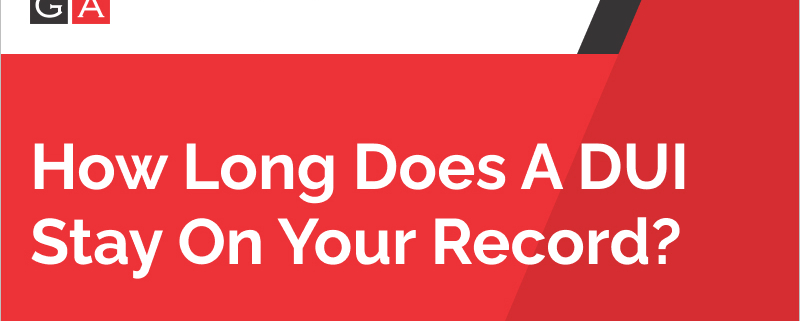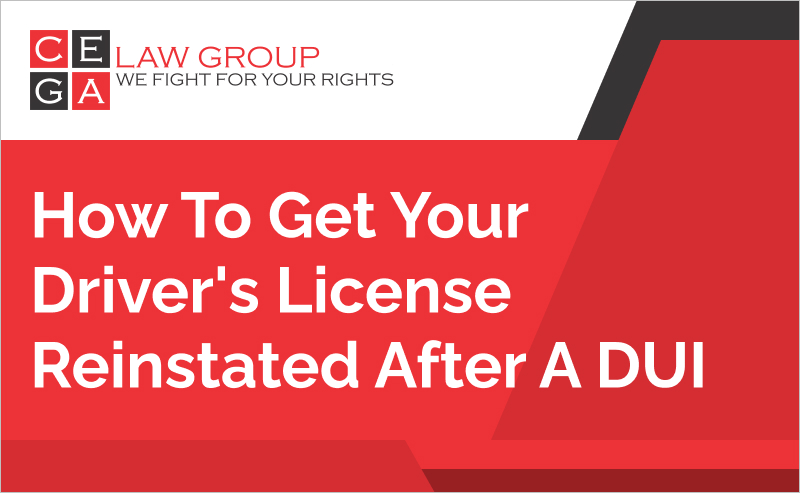
A DUI conviction can have consequences that last long after court fines are paid and license suspensions are lifted. One of the most common, and important, questions people ask after a DUI arrest is: How long does a DUI stay on your record?
The answer depends on the type of record you’re referring to and your state’s laws. In Nevada, where DUI laws are strictly enforced, a DUI can remain on both your criminal and driving records for many years, impacting your future in more ways than you might expect.
DUI on Your Criminal Record
In Nevada, a DUI conviction stays on your criminal record permanently unless you take legal action to have it sealed. This means that even a first-time misdemeanor DUI will show up on background checks for employment, housing, licensing, and more. The stigma of a criminal conviction can follow you for years, limiting your opportunities and damaging your reputation.
However, you may be eligible to have your DUI record sealed, but only after a certain amount of time has passed. For a first-time misdemeanor DUI, you must wait 7 years from the date the case closes (not the arrest date) before you can apply for record sealing. If your DUI involved a felony, bodily injury, or was your third offense within seven years, you may not be eligible at all.
DUI on Your Driving Record
A DUI will also appear on your Nevada driving record, which is maintained by the Department of Motor Vehicles (DMV). Unlike your criminal record, your driving record keeps a DUI for 10 years. This 10-year window is critical because it determines how future DUI arrests are charged.
For example, if you’re arrested again for DUI within 10 years of your previous conviction, the new charge may be treated as a second offense, carrying much harsher penalties. If it’s your third DUI within 10 years, it’s automatically charged as a felony, even if no injuries occurred.
Insurance companies also have access to your driving record, and a DUI will almost certainly cause your premiums to spike or even result in cancellation of your policy. Many insurers will consider you a high-risk driver for several years after a DUI.
Why Record Sealing Matters
Sealing your DUI record won’t erase it entirely, but it does make the information inaccessible to most employers, landlords, and background check companies. Once sealed, you’re legally allowed to answer “no” when asked if you’ve been convicted of a crime, in most situations.
If you’re considering sealing your record, it’s wise to consult a criminal defense attorney to ensure you’re eligible and that the process is done correctly.
Bottom Line
A DUI conviction can stay with you for 7 to 10 years or more, depending on whether you’re looking at your criminal or driving record. The best way to move forward is to understand your rights, take advantage of Nevada’s record-sealing laws when eligible, and avoid repeat offenses that carry increasingly severe consequences.
 Call Now:
Call Now: info@cegalawgroup.com
info@cegalawgroup.com







